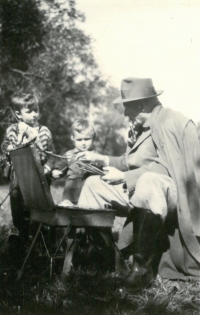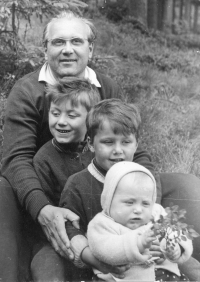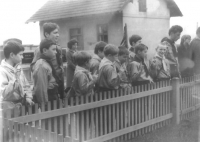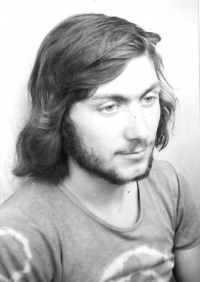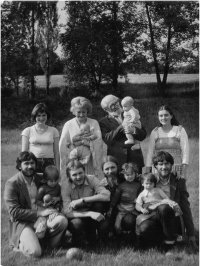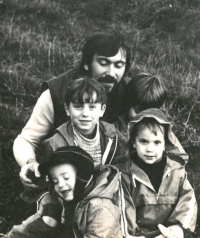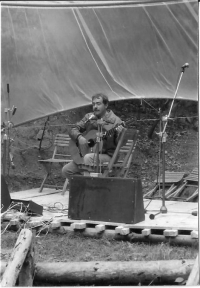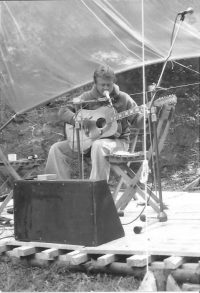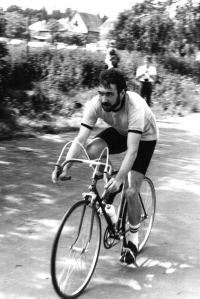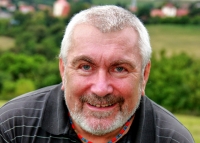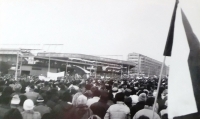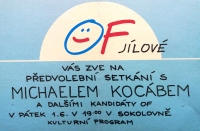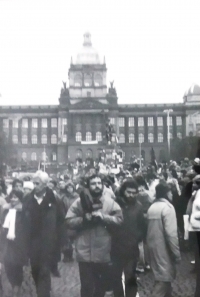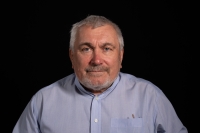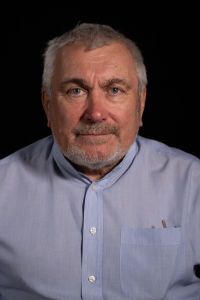I did not consider membership in the Soviet Youth Union or the party to be a formality
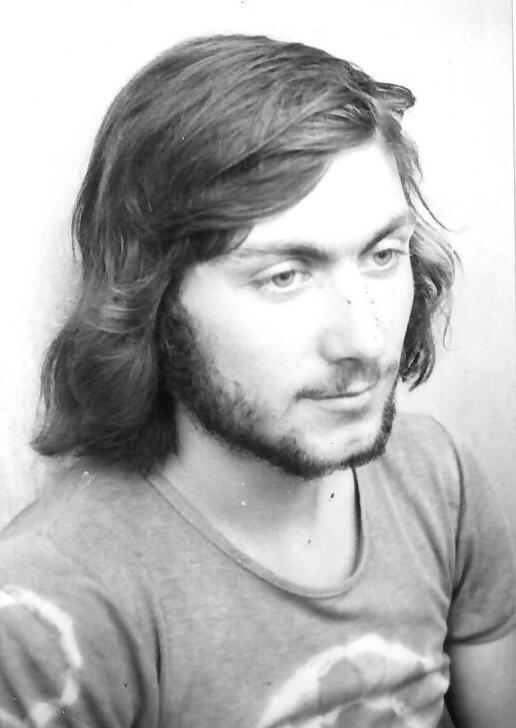
Stáhnout obrázek
Zbyněk Šorm was born on 8 June 8, 1953, in Prague, and his upbringing was mainly influenced by his grandfather František Hloušek, who was a legionnaire, and his social-democratic father, Zdar Šorm. In 1968, he and his brothers became members of Junák. The witness was also an active member of the Evangelical Church of Czech Brethren. During 1968–1972, he studied at the grammar school in Modřany in Prague, and after graduating, he wanted to study systematic zoology at Charles University. However, he was not a member of the Socialist Youth Union, so they did not accept his application. On appeal, he finally got accepted into the University of Agriculture and graduated as a zootechnician in 1977. He then completed two years of basic military service and joined the JZD [Unified agricultural cooperative – trans.] Rozvoj Posázaví in Jílové u Prahy. They offered him to join the Communist Party of Czechoslovakia three times, but he always refused. In 1989, he signed the “Několik vět” petition and was threatened with dismissal from the JZD. During the Velvet Revolution, he was at the birth of the local Civic Forum in Jílové u Prahy, and after the first free elections in 1990, he became mayor. He held this office for eight years. In 2022, he lived in Jílové near Prague and enjoyed a well-deserved rest.
